As the spread of the coronavirus continues to grow, many have flocked to suppliers to purchase face masks to prevent the spread of the deadly disease. But remember, you can truly stay away from the virus only when picking the right types of masks. Here we’ll give you the guide on how to choose the right mask.
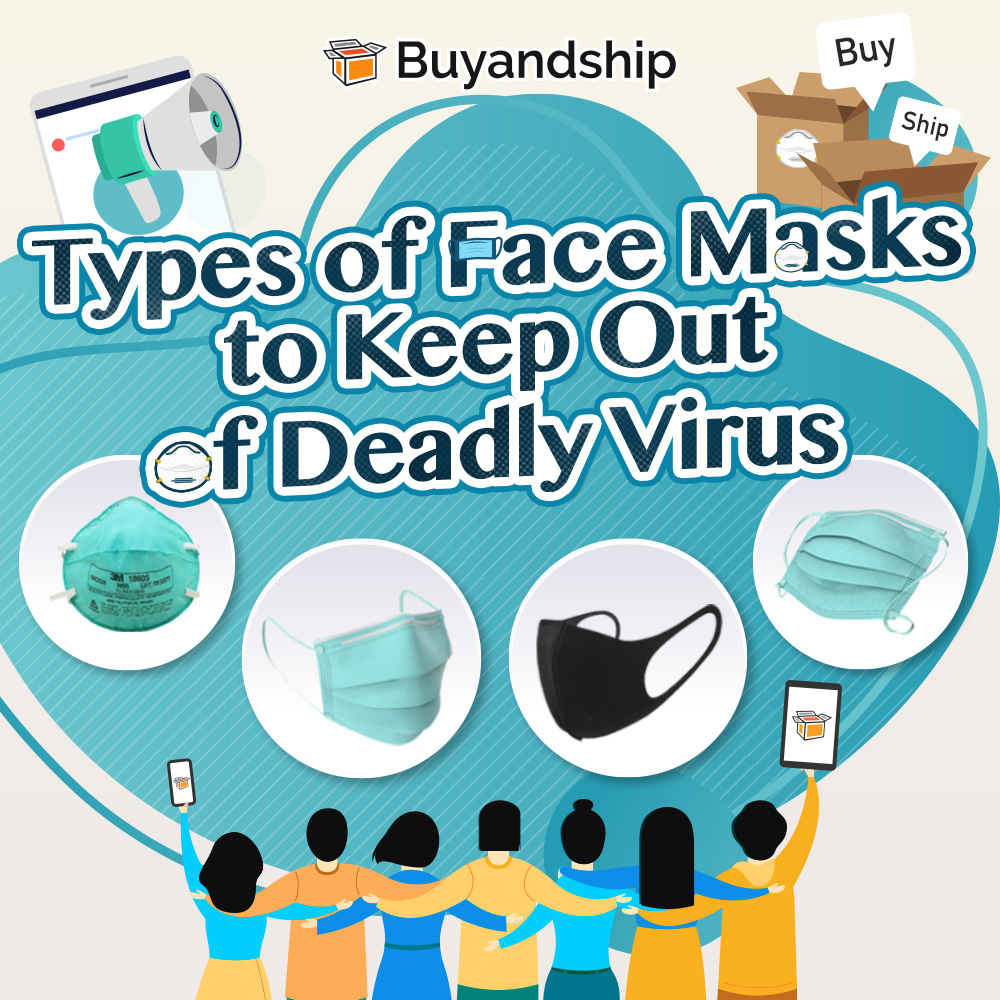
Get AU$5 shipping credits by sharing your referral no.👉🏻 Click Here
Types of Face Masks to Keep Out of Coronavirus
One of the myths about face mask is whether it should be a surgical mask or a mask like N95 (9 particulate protection certification). In fact, N95 is mainly for health care workers so the price is also a lot higher than surgical masks. For prevention of coronavirus infection, surgical masks should be enough to meet your needs. You can follow these mask protection standards to choose the right mask:
1. BFE/PFE/VFE
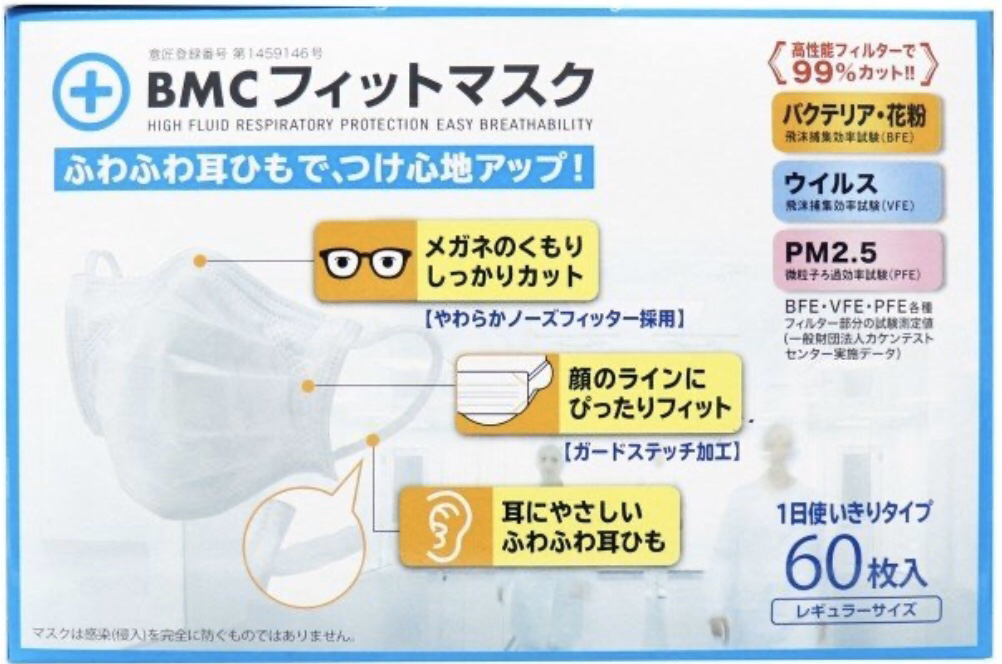
Masks actually need to pass various filtration tests through Nelson Laboratory Standard before selling to the market, and their efficiency needs to be clearly listed on the packaging. The most common BFE, PFE, and VFE standards shown on the mask packaging are the results of the filtration rate test used to mark particles of different sizes and these standards apply to most Japanese brand masks.
| Standard | Size of Particles |
|---|---|
| BFE Bacteria Filtration Efficiency |
3 microns |
| PFE Particle Filtration Efficiency |
0.1 microns |
| VFE Virus Filtration Efficiency |
0.1 – 5 microns (AVG 2.8 microns) |
Masks on the market generally use percentages to represent the filtration rate of this mask for different particles. To effectively prevent coronavirus, you must choose the mask that has passed the PFE test. It is not recommended to buy a mask that only listed BFE standard, cause there is a chance that it cannot block the virus from the droplet infection. To put it simply, if you want to shop for masks from overseas, you have to choose the one that has BFE + PFE standard. Of course, the mask passed all 3 tests will be the best.
2. ASTM Level
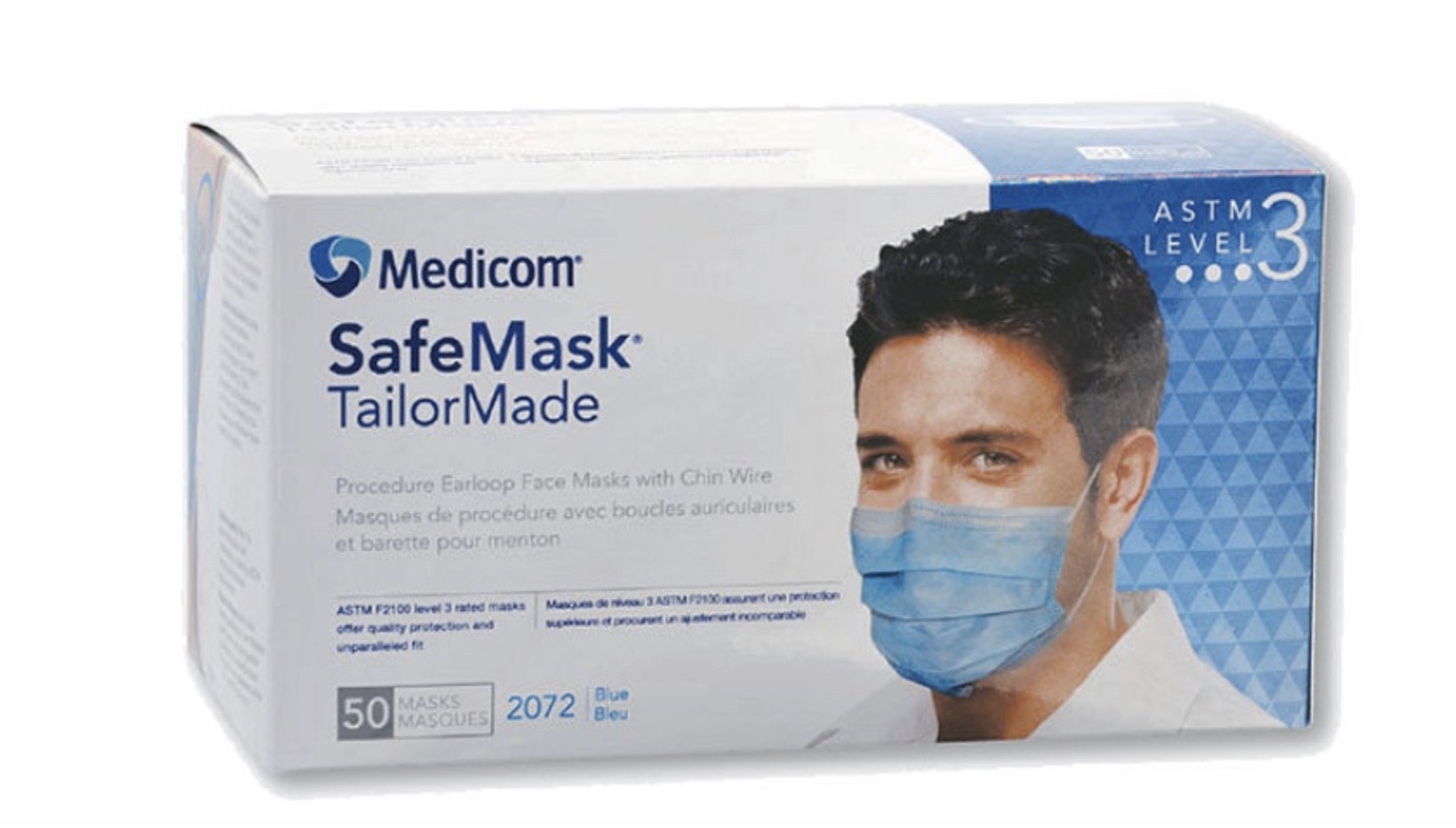
Most masks manufactured in the United States will follow this test standard. The protective strength of masks is divided into Level 1 to 3, with Level 1 being the lowest and Level 3 being the highest, whiile BFE and PFE are also tested. What makes the ASTM test standard different is the addtional 3 criteria: Fluid Resistance to Synthetic Blood, Delta P (Pressure Differential), and Flame Spread.
| BFE | PFE | Fluid Resistance(mmHg) | Delta P | Flame Spread | |
|---|---|---|---|---|---|
| Level 1 | ≥95% | ≥95% | 80 | <4.0 | Class 1 |
| Level 2 | ≥98% | ≥98% | 120 | <5.0 | Class 1 |
| Level 3 | ≥98% | ≥98% | 160 | <5.0 | Class 1 |
The biggest difference between masks at different levels is Fluid Resistance to synthetic blood, this only matters to health care workers, and BFE and PFE efficacy of different levels differ by 3%. Of course, Level 3 is your best choice, but other levels mask are not bad at all, they are still much better than those products without meeting the ASTM standard.
3. KF(Korean Filter)
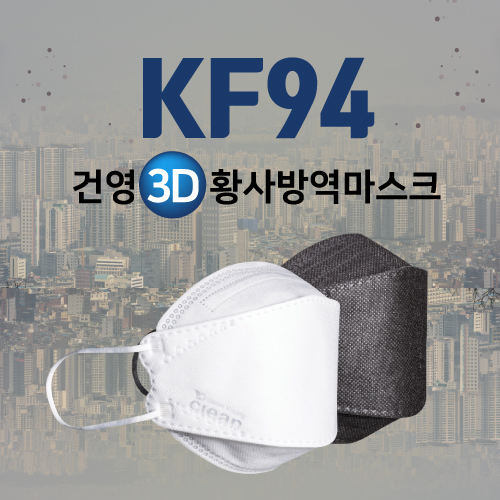
“KF” is a mask grade designated by the Korean Health Bureau. There are “KF80”, “KF94”, “KF99” on the market.
- KF80: effectively block about 80% of particles from the air, 0.6 microns in size, can only protect against dust and air pollution particles, can not block the source of infection
- KF94: Effectively block about 94% of fine particles and infection sources from the air, 0.4 microns or less in size
- KF99: Effectively block about 99% of fine particles and infection sources from the air, 0.4 microns or less in size
Most of the Korean people will choose KF94 as KF99 is pretty expensive and KF94 is enough for keeping out of infection.
4. PM 2.5
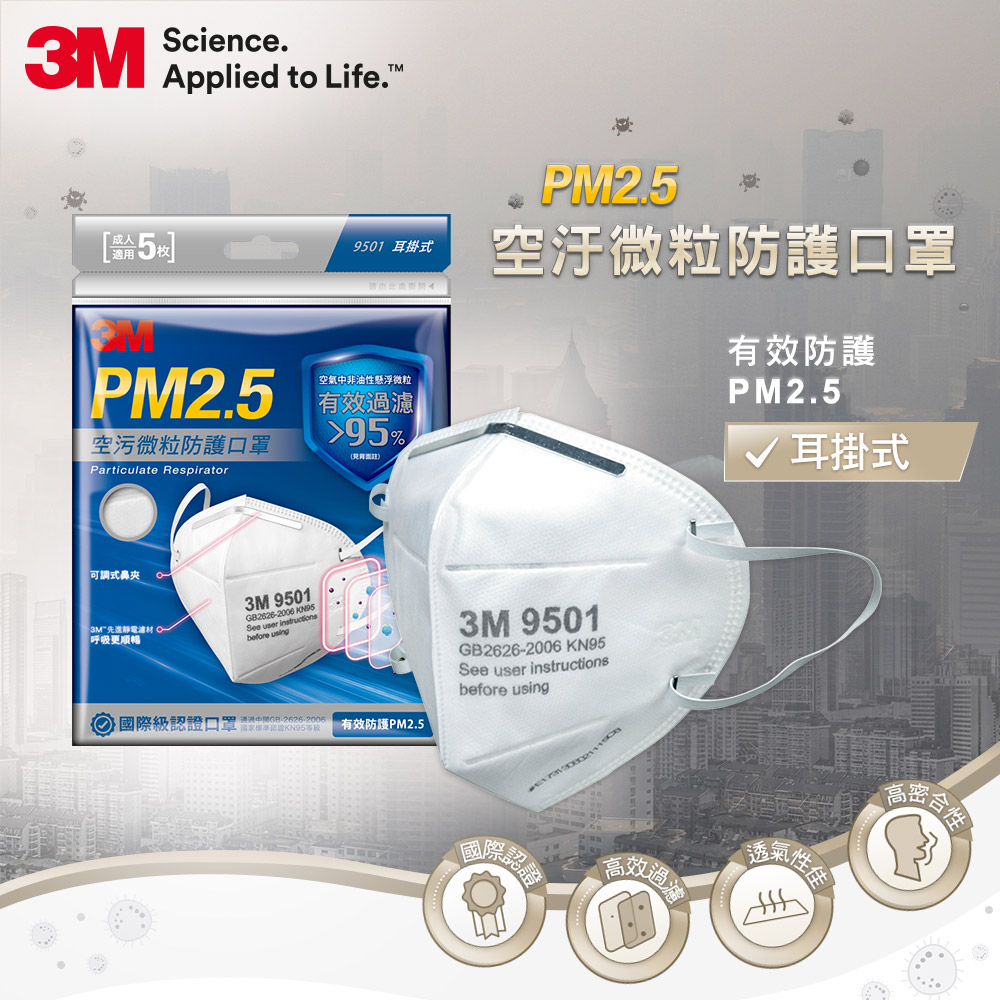
If the mask is marked with “PM 2.5”, it means the mask can effectively block small suspended particles with a diameter of 2.5 microns or more in the air. Generally, it is designed to protect against air pollution or sand storms. If the mask is only rated as PM2.5, it is not effective in preventing coronavirus. You better find a PM2.5 mask that also meets the BFE + PFE standard.
You can buy the surgical masks on:
*Our Japan warehouse is currently experiencing high traffic. We recommend you to purchase related products from other markets like the US, Thailand and Korea.
*Thailand is likely to prohibit the export of masks soon, so please do not purchase and ship face masks from any Thailand website!
💡Many US and UK online stores only offer domestic shipping or charge high international shipping fees to Australia. With 9 warehouses around the world, Buyandship offers international parcel forwarding services to Australian online shoppers at an affordable shipping rates. Learn More

